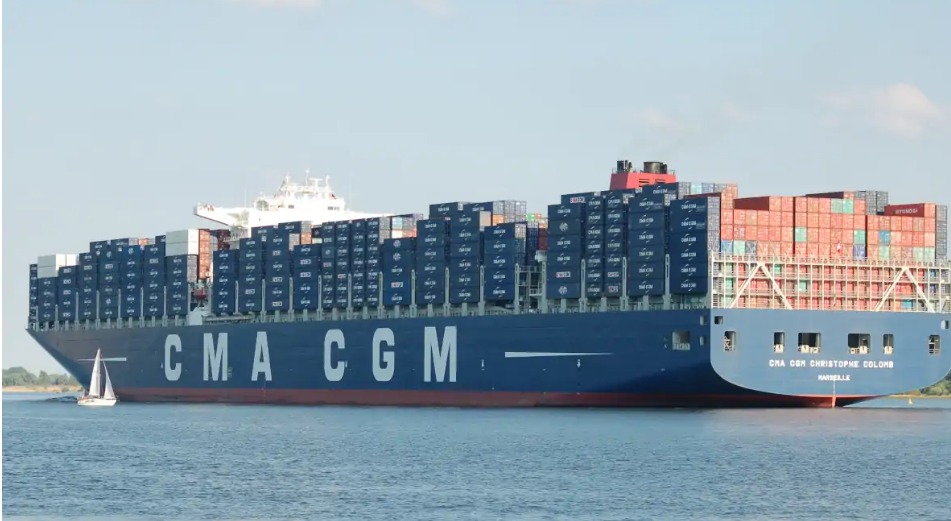Nigeria, West Africa’s flagship nation, recently unveiled far-reaching economic ambitions for its maritime sector. The Nigerian government hopes to earn $2.7 billion from this key sector this year. This ambitious objective is part of a series of reforms and strategic investments announced by the Ministry of Maritime Transport.
The ministry, in announcing these initiatives, underlined the importance of strengthening the local value chain and reducing dependence on international companies. Among other things, the country’s top authorities want to do everything possible to make the maritime sector a pillar of the national economy. The government plans to acquire new ships and renovate existing ones to build a robust national fleet.
This initiative aims to reduce dependence on international shipping companies and retain a greater share of revenues generated by maritime trade. Corroborating sources also indicate that incentives will be put in place to encourage local companies to participate in shipbuilding, ship repair and other related activities.
Passengers engage in sexual acts in mid-flight, others shocked
This should stimulate job creation and local economic development. It also appears that the construction of a shipyard will give Nigeria the opportunity to save $122.5 million over several years. The implementation of these reforms and investments should not only allow the country to achieve its target of $2.7 billion in 2024, but also position the country as a major maritime hub in West Africa. The modernization of port infrastructure and the development of a national fleet will strengthen Nigeria’s competitiveness on the international stage.
Nigeria, with its vast resources and strategic location, has all the assets to become a key player in global maritime trade. Ongoing reforms and planned investments are promising signs of a thriving future for the maritime sector. Nigerian ports will therefore experience strong optimization in the coming months thanks to significant investments to modernize their equipment and increase their cargo processing capacity. Automation and technological innovation will be at the heart of this transformation, according to the Nigerian authorities.




